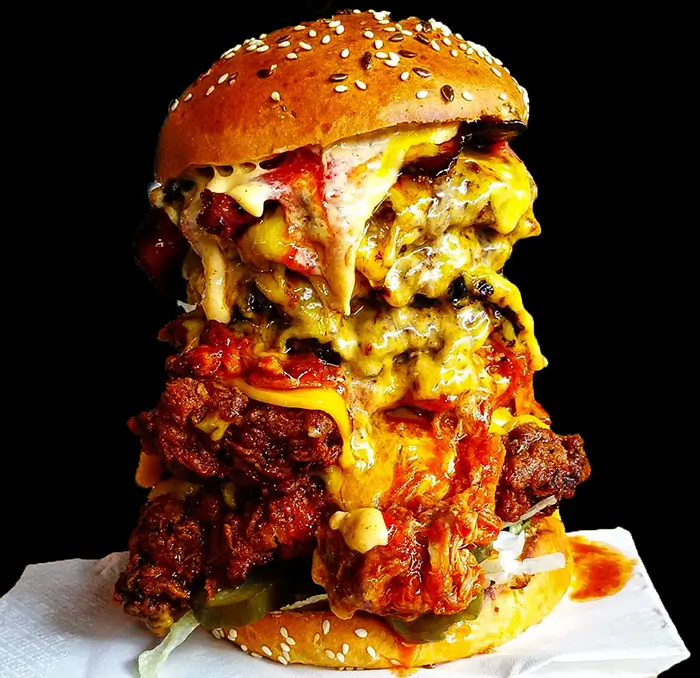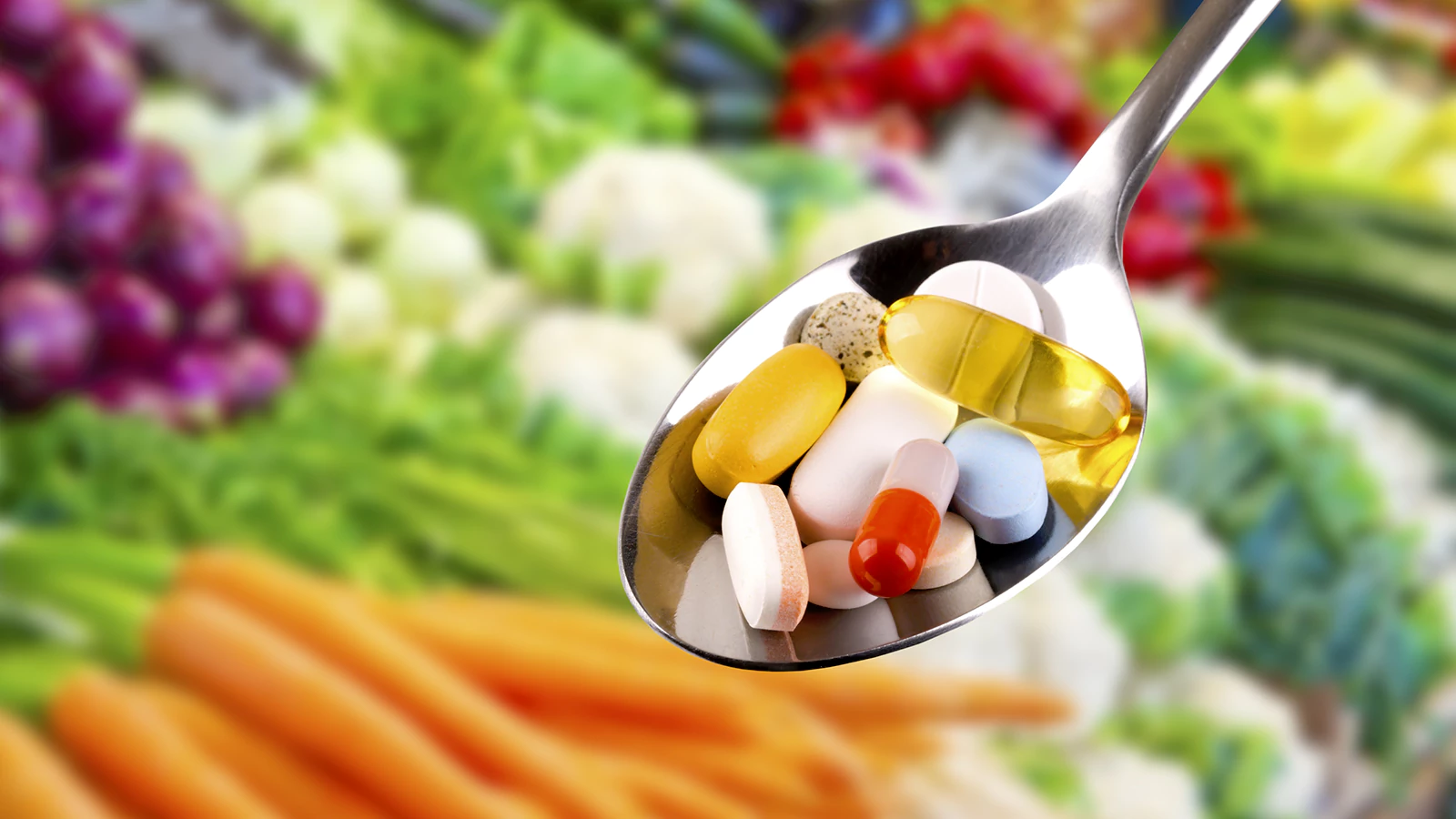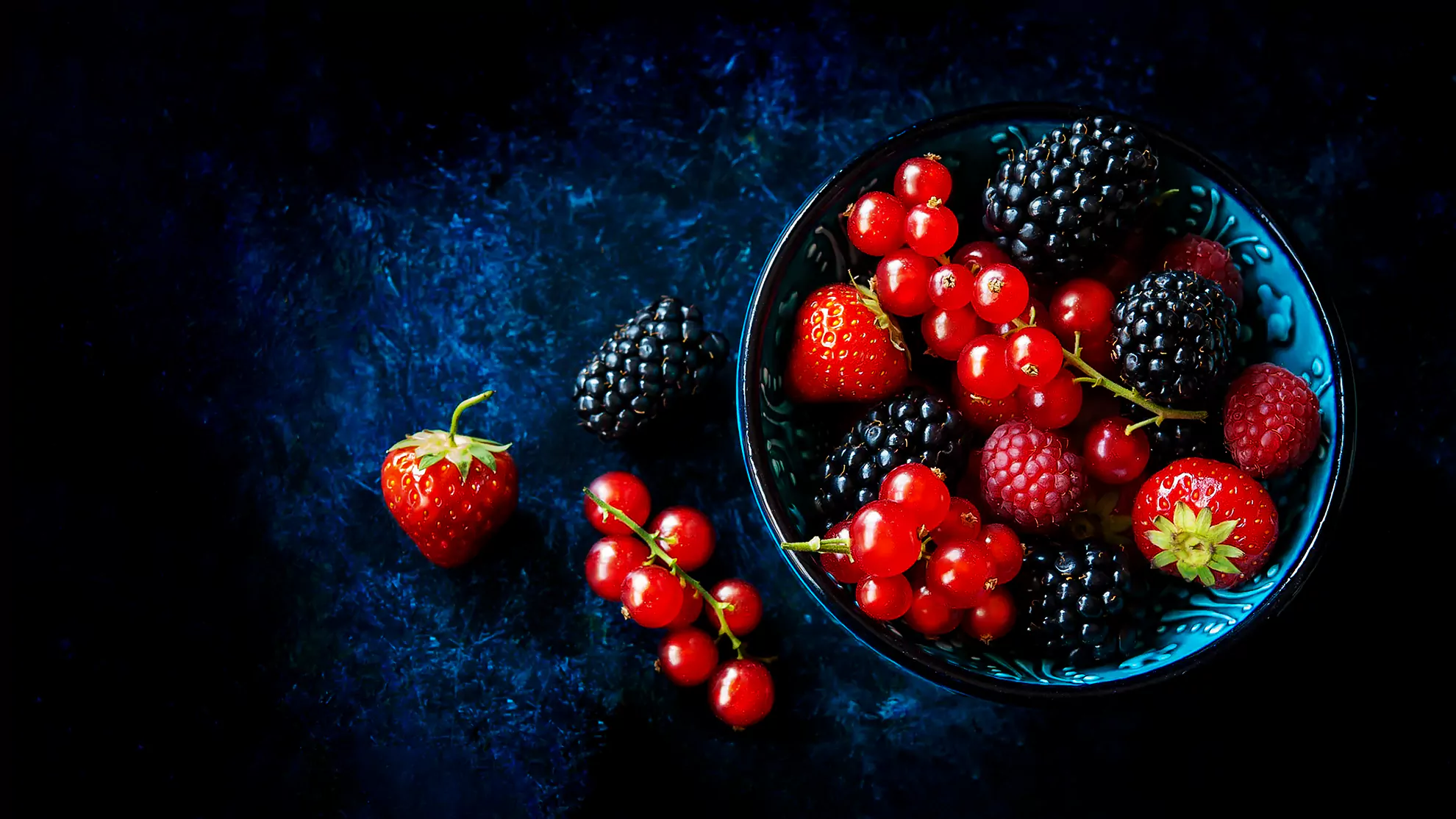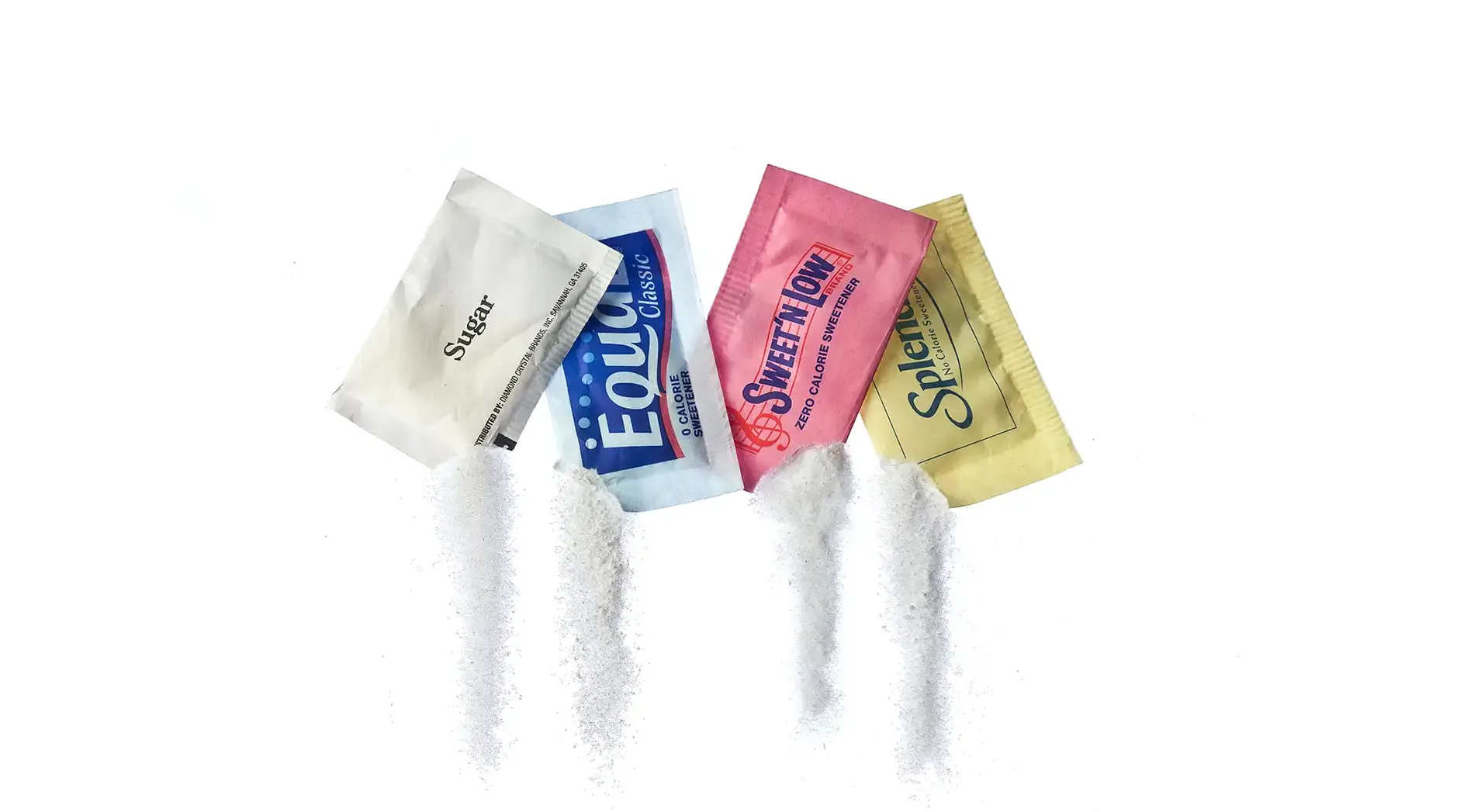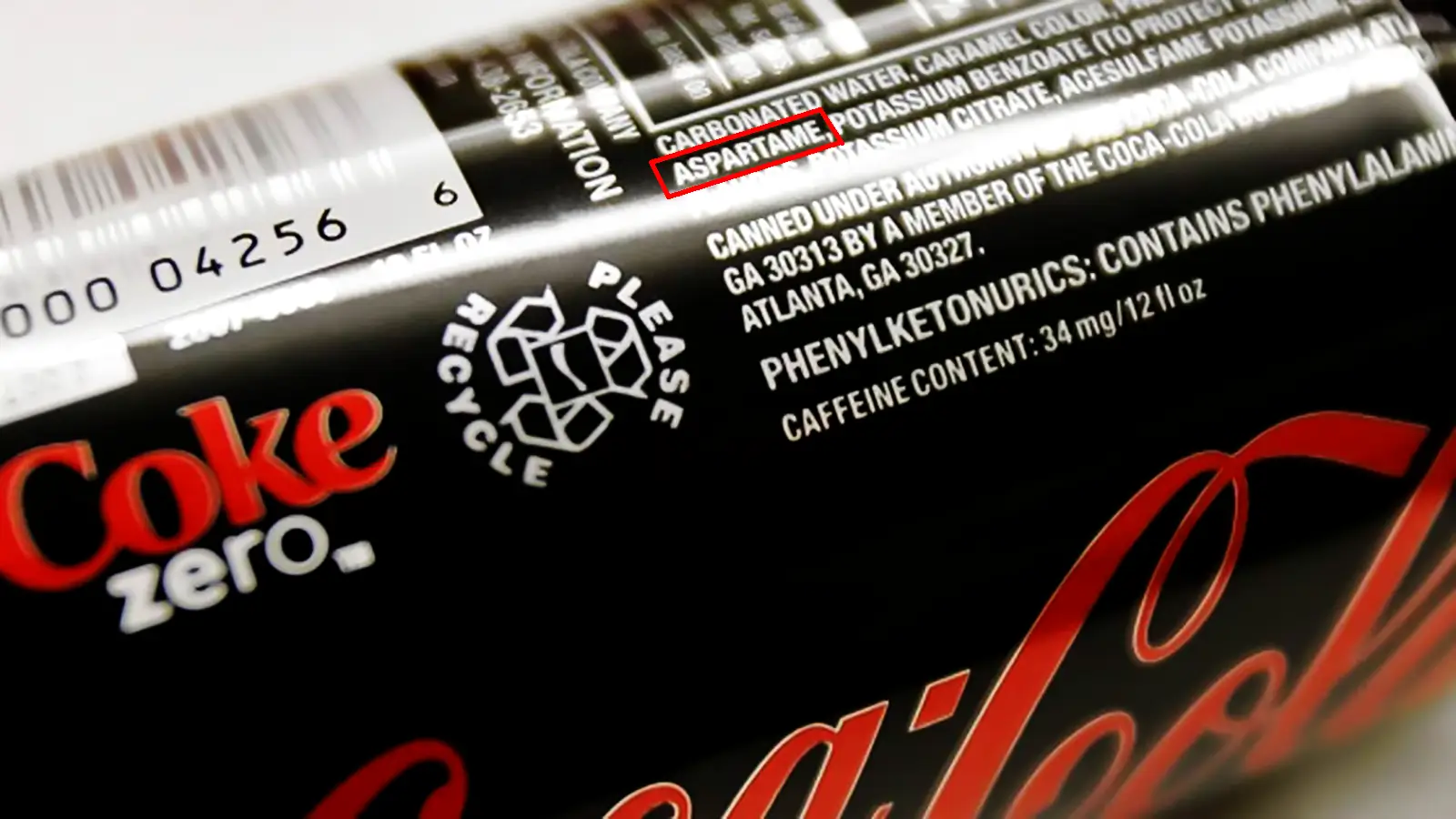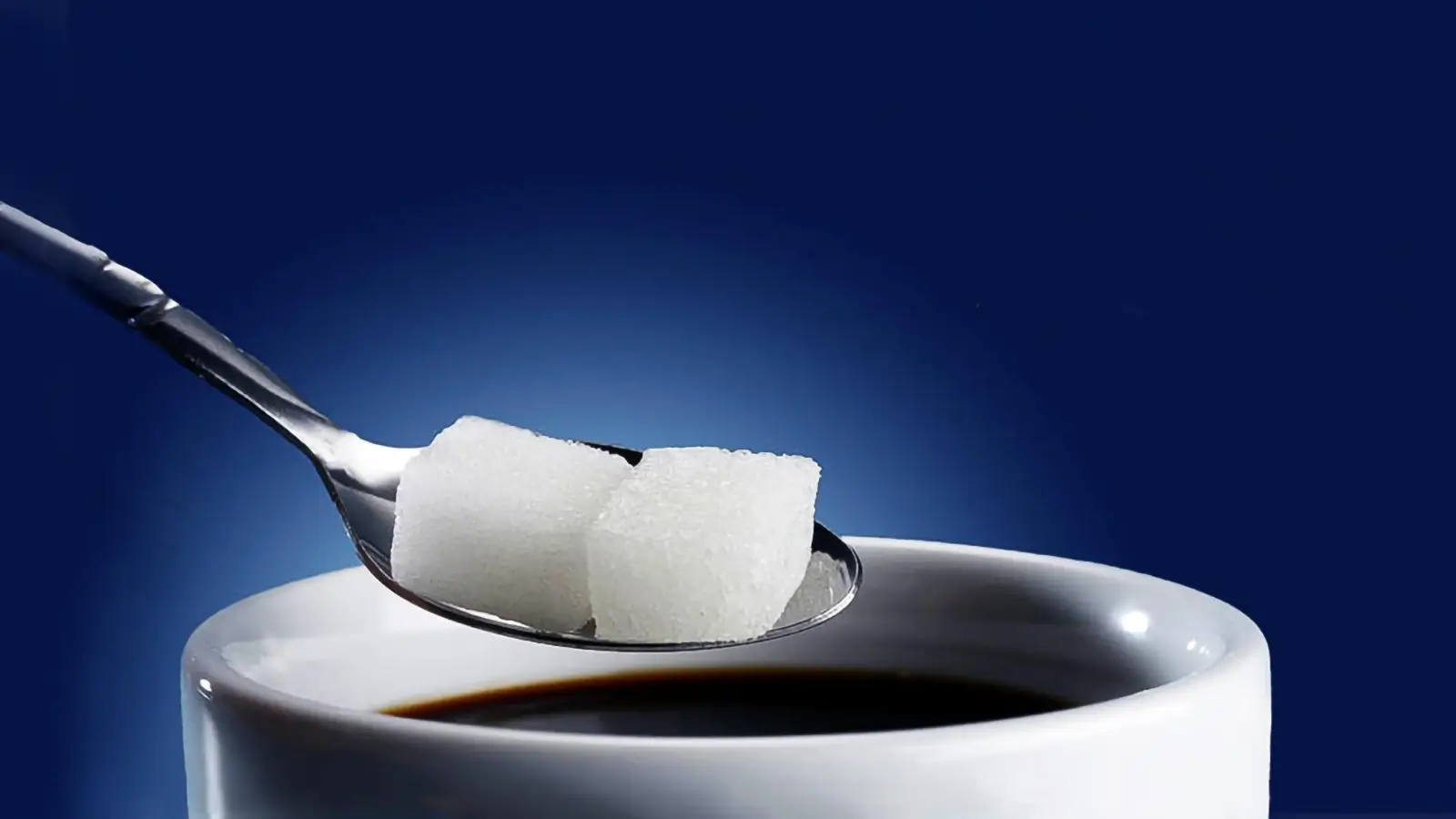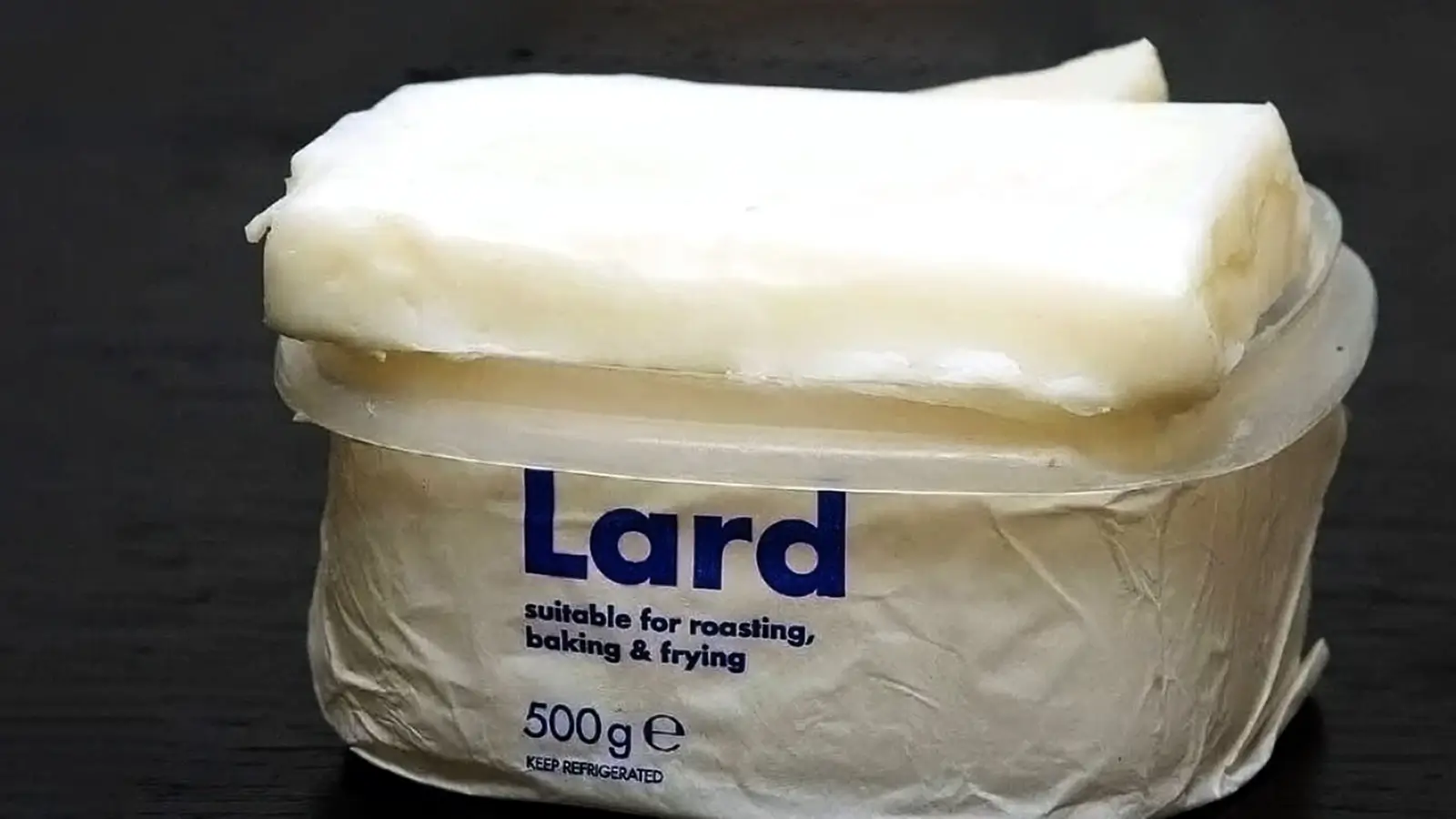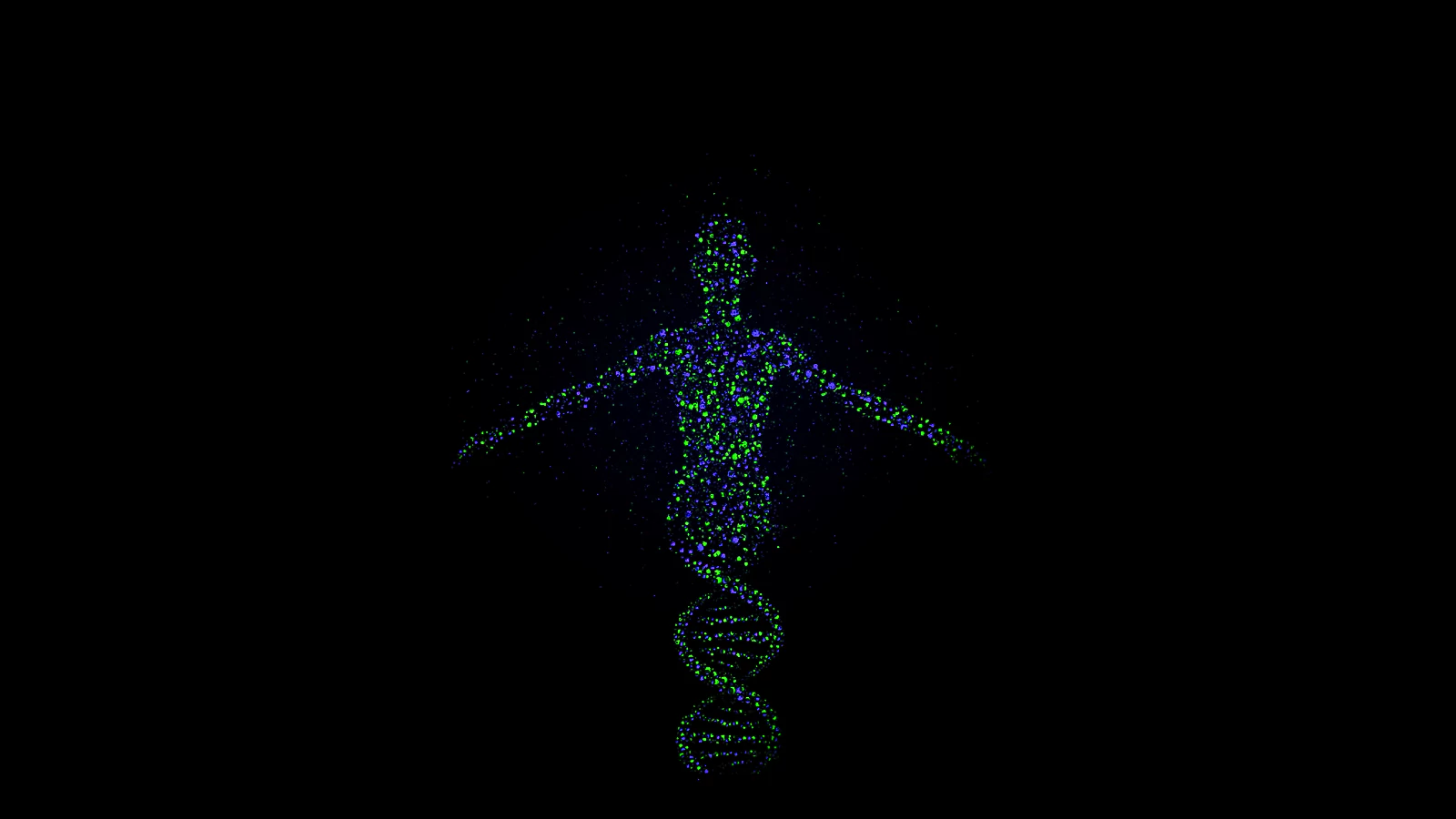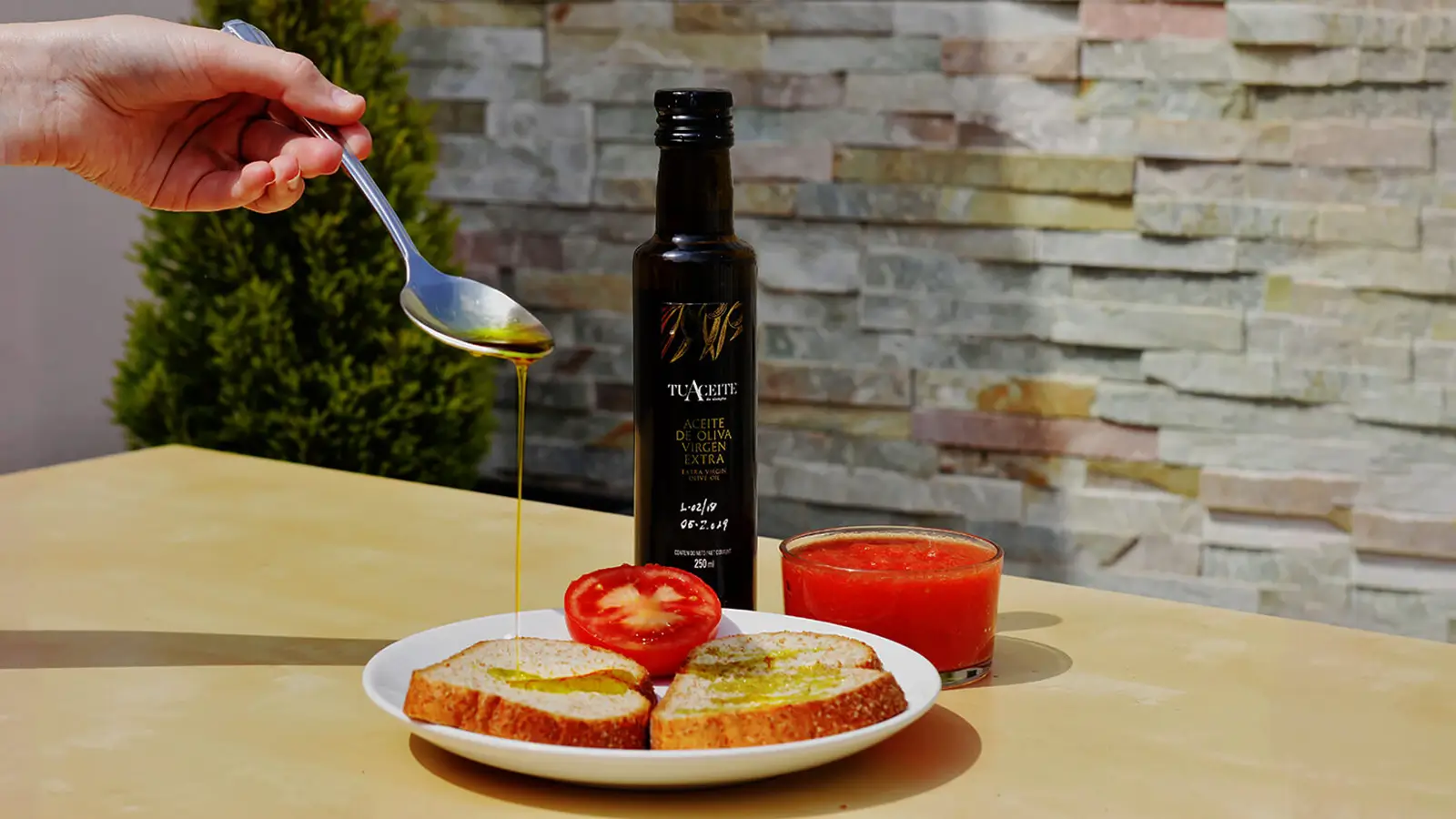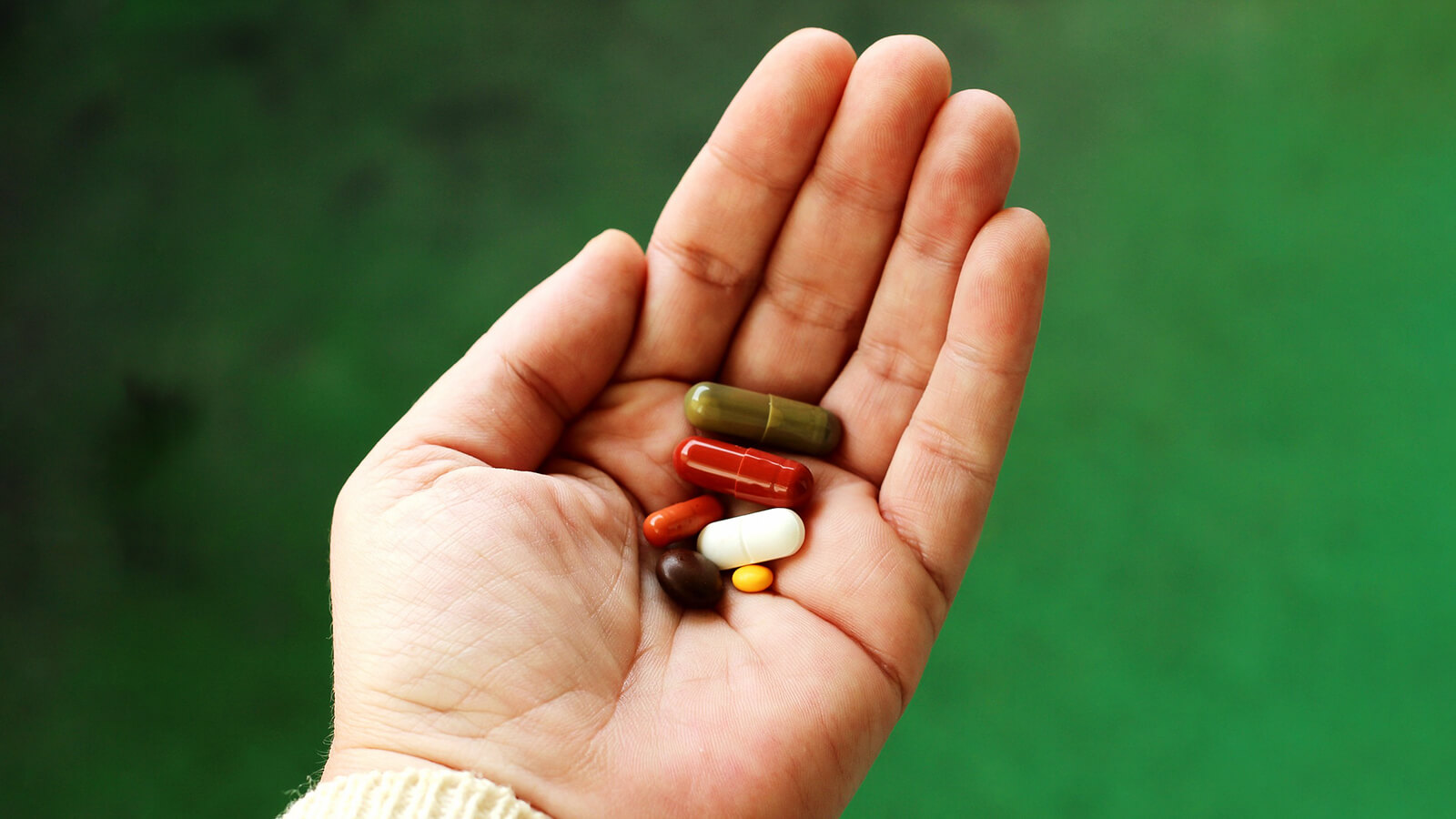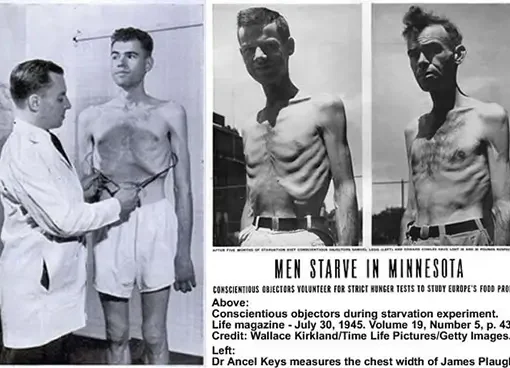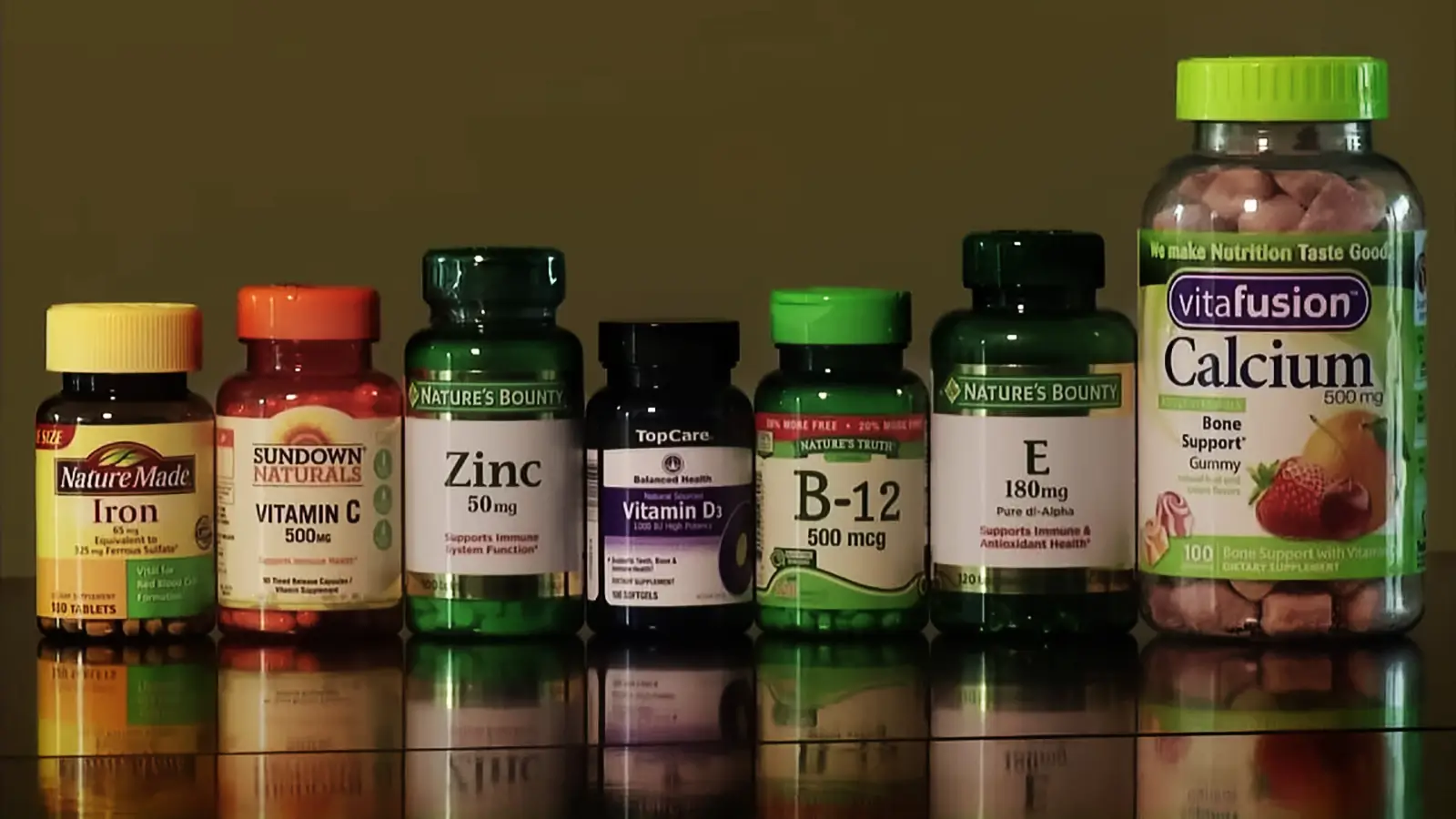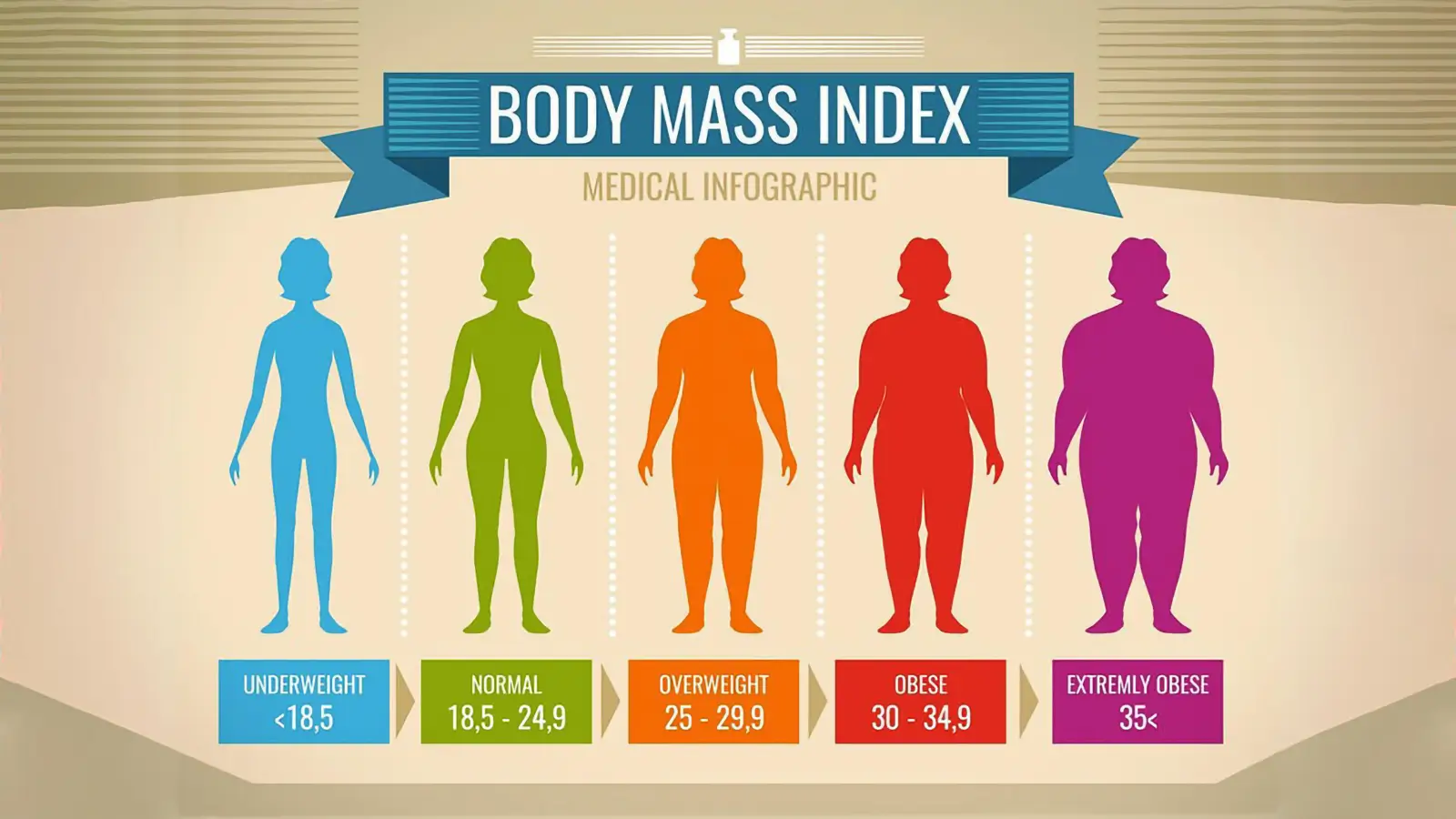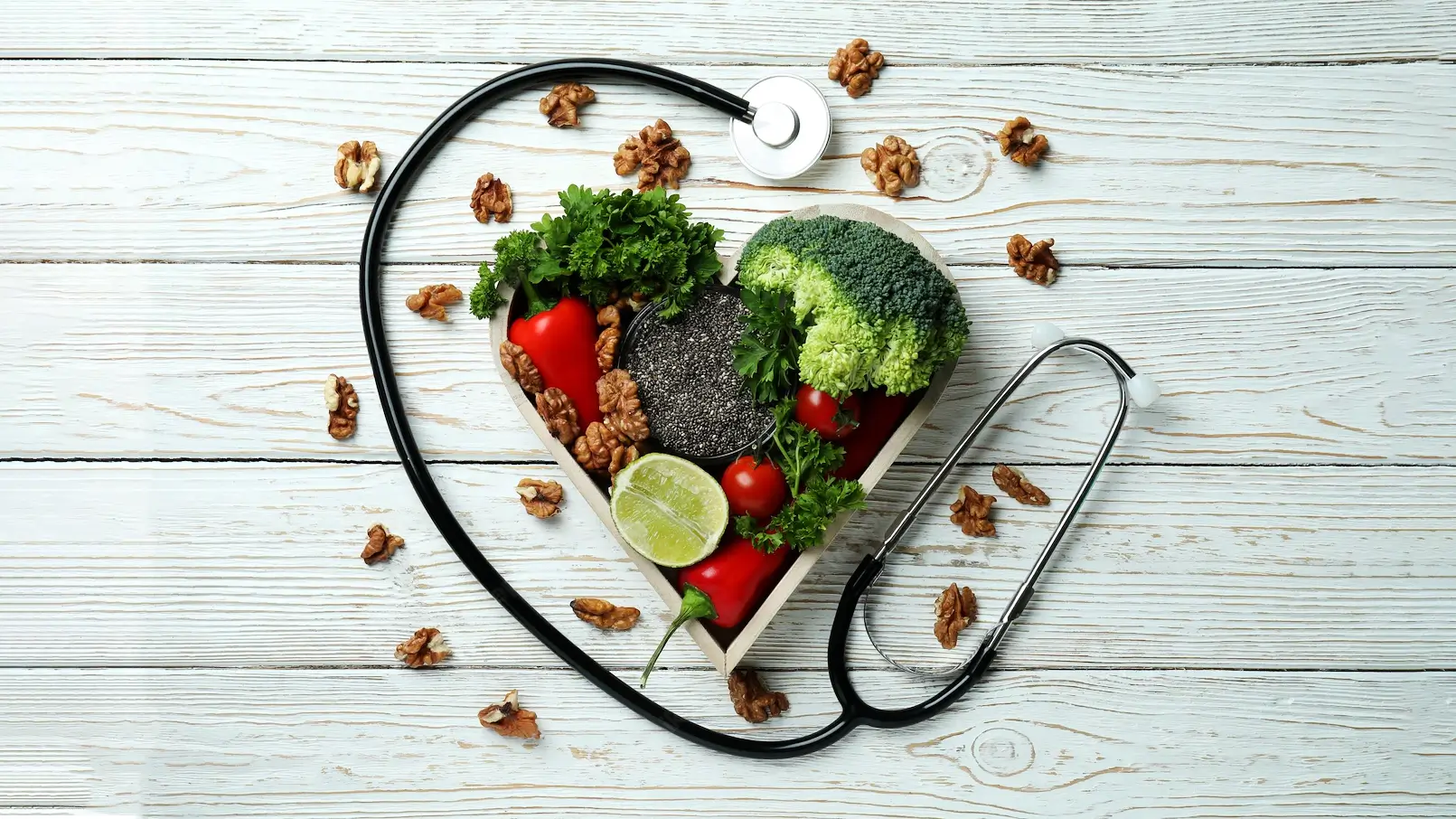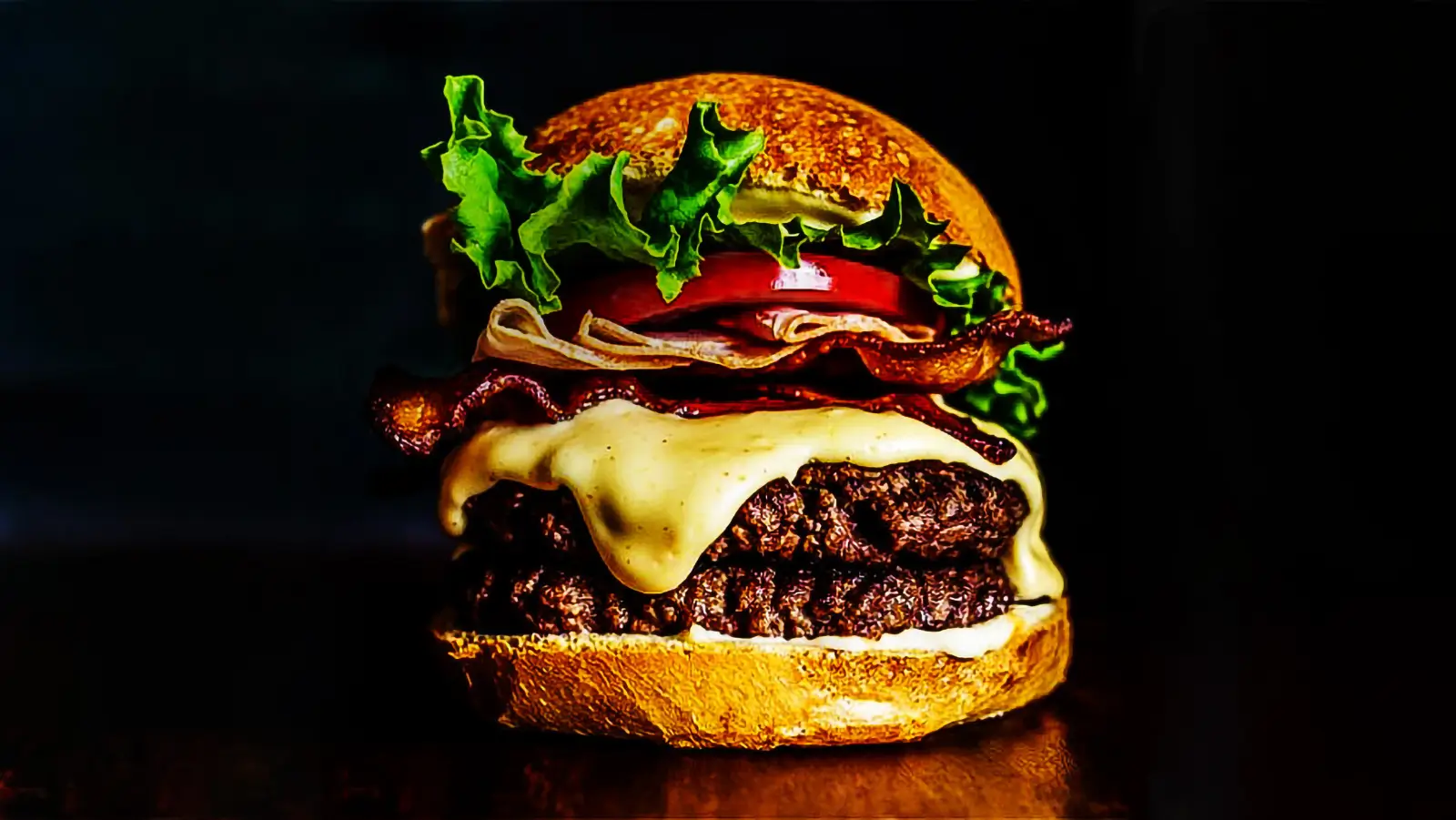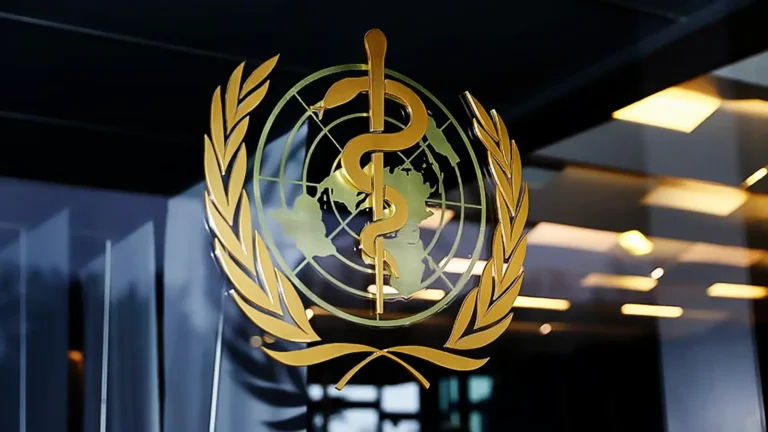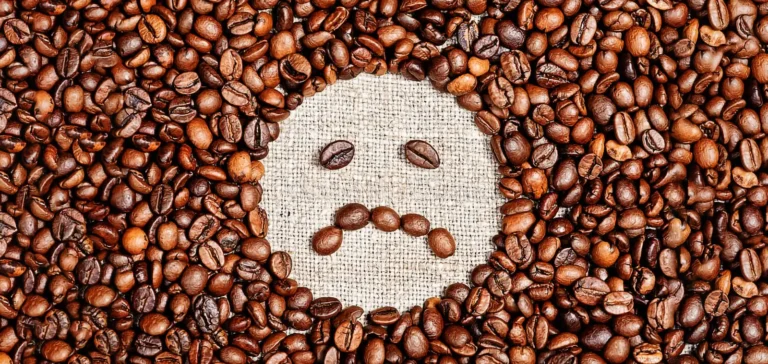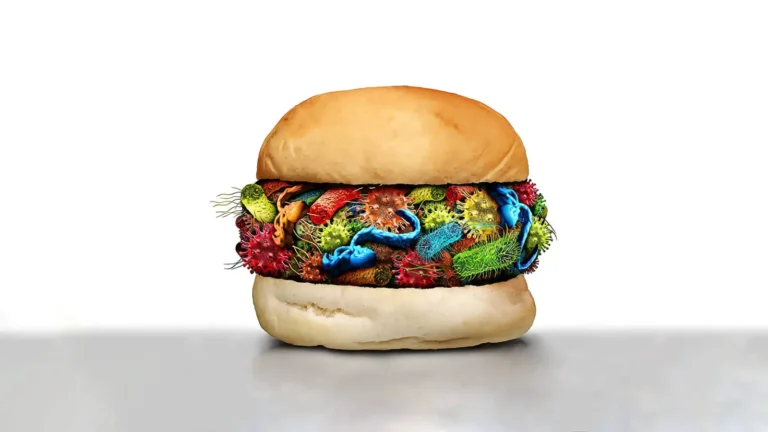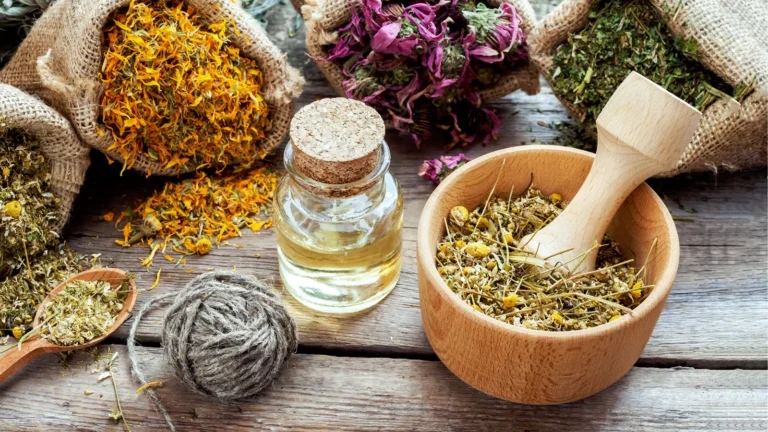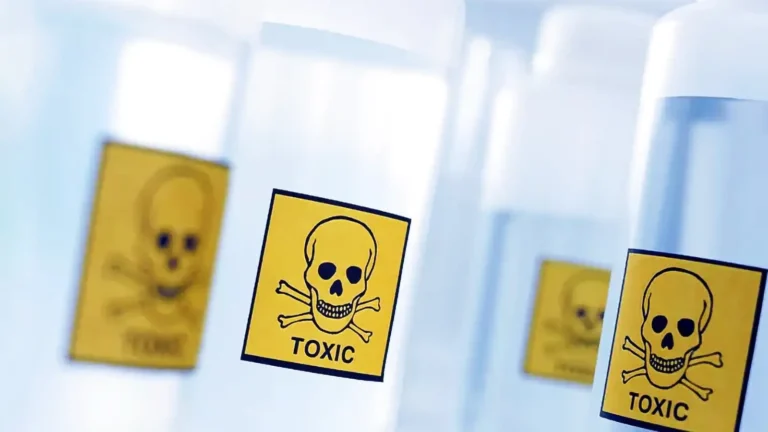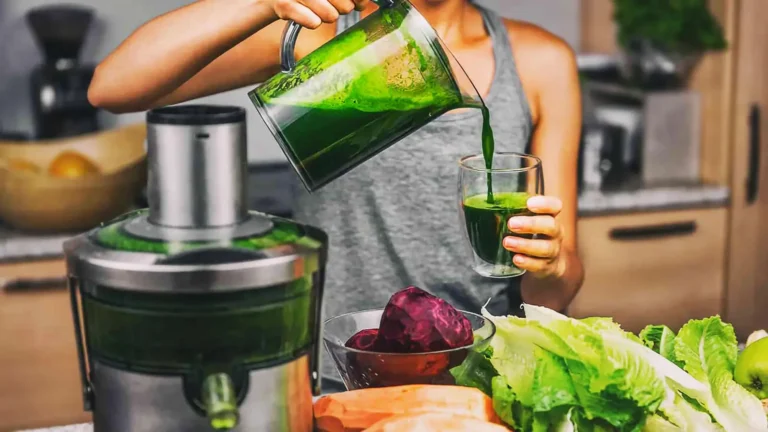Processed Food: Understanding the Risks
Processed food means that something from whole food is removed, usually fiber and something is added, usually fat, sugar, salt, and msg.
Milos Pokimica
Written By: Milos Pokimica
Medically Reviewed by: Dr. Xiùying Wáng, M.D.
Updated October 1, 2023After reading a little about the history and the way companies no matter if they are food, drug, or something third conduct business, you should understand that these companies and the people that run them do not care about you. They care about marketing their products to you, but not about you. They will do anything that they can if they can get away with making their agenda to make money including involvement in war crimes, genocide, torture, exploitation, and global-scale destruction of any sort. War is one of the biggest businesses out there.
For you to believe that medical practitioners or any other salesmen of any sort are telling you the truth and have caring feelings about you is just propaganda and emotional manipulation designed to promote their agenda by fooling you. When you enter the supermarket, everything there is put on the shelf to make money.
There is not one single item in the supermarket that is there to promote health or anything else except to make money for the company that made it.
And actually, it is not even the company’s fault for the grim situation that we have. It is your fault.
This is how, in reality, the food market and sales work. Because you do not have control over your basic instincts and your brain is an evolutionary condition the way it is what happens when some food company makes a good healthy product is this. This product does not have any salt, added sugar, or added fat and is full of fiber and so on. If there is no other choice, you will buy that and eat that. It will be ok; it will not be salty or tasty, but you will manage. However, then some other food company will get the idea to add something to it and will say you know that thing that people purchase why do not we add a little sugar to it to make it taste better. And guess what, you as an impulsive consumer will like it more and then the cycle begins. There will be a third company that will add as much sugar as you can tolerate and will add as much fat and artificial tastes and colors and will remove all the fiber and your brain will have dopamine overreaction because this combination of fat and sugar does not exist in nature and you are going to love it. And any other company that will do any other business except making things full of fat and sugar and salt will go bankrupt. Even when fat is removed from a processed meal, for example, sugar is often added to help disguise the blander taste.
When we say (nutritionists), that processed food is bad for you that is exactly what process means.
It means that something is removed.
Usually, fiber and something is added, usually fat, sugar, salt, and msg.
There is no difference nutritionally between mac and cheese or pizza or ice cream or chips. When processing removes fiber from flour remaining starch is so easily digested by the human digestive system that there is no difference if we just eat plain crystal sugar. Our body is so well adapted for the digestion of amylopectin-a (starch found in wheat) that it is remarkable.
What we have in Mack and Cheese is sugar from refined flour and saturated fat from cheese, so fat and sugar, are combined to get us high.
What we have in ice cream is saturated fat from milk and table sugar, so again fat and sugar.
What we have in chips is starch from potatoes and fat from deep frying and salt and msg (monosodium glutamate). MSG is a special neuroactive chemical or drug that creates something known as excitotoxicity. That means that glutamate stimulates the neuro cells to fire signals uncontrollably for some period of time. If enough is consumed it could lead to the eventual death of neurons. Glutamate also irritates the nerves in our mouth and on top of that in our brain, we have receptors for glutamate in all tissues. The brain detects it as a form of “superfood”. MSG and aspartame and all other excitotoxins dramatically promote cancer growth, metastasis, and many other diseases. A big number of rats that were given excitotoxins in high dosages quickly died of leukemia or lymphoma or brain cancer or some other deadly disease. Can we eat a small amount of it, dose makes the poison, right? Maybe, and maybe not. But children’s brain is a different topic and who eats most of the chips for example in excessive amounts? There will be more discussion in related articles about excitotoxins. They were initially forbidden but then were pushed by ignoring all of the cancers and more than 70 other types of diseases known as “Rumsfeld diseases” (Donald Rumsfeld diseases, was chairman of the G.D. Searle company at the time) that are associated with the use of MSG and aspartame. MSG is one of the pillars of the modern food industry as same as salt, sugar, and fat.

What we have in chips for example is starch from potatoes and fat from deep frying so there is no difference for our brains because what we seek is fat and sugar in the same meal in different combinations, but chemically it is the same meal.
Chips can be baked but If you love eating them and tend to eat the whole bag unless someone else gets there first, count on them being fried. If they are baked, the bag will say so and they will cost more and will not taste as good because there will be no dopamine response in the reward mechanism in the brain or not at the scale we would like. It is the same meal again for example when you eat bacon and eggs and bread. It is sugar from brad and fat. Try to eat bacon and eggs without the bread. If you overdo it, you might feel sick from all the fat or why don’t you just go and try to eat lard with nothing else.
Constant supernormal stimulation of the reward centers in the brain eventually leads to the downregulation of dopamine receptors same as in cocaine or amphetamine use. Regular consumption of highly palatable processed food leads to a direct reduction in our natural ability to experience any form of pleasure, not just pleasure from eating. You can read more about this in related articles about supernormal stimuli.
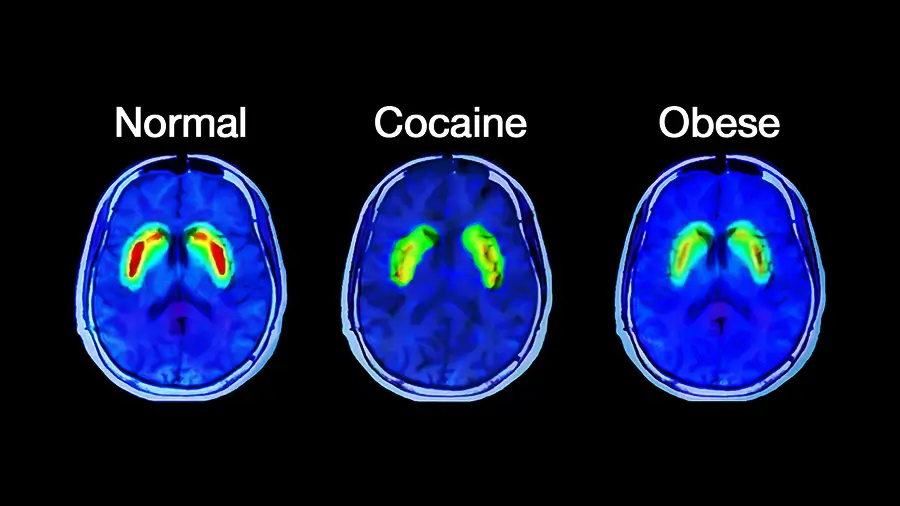
The reason for fiber removal in processed food on other hand is that it does not taste good. Fiber does not have a taste whatsoever. It is just that we do not like the texture and because there are no calories in it, our brain instinctively detects it as something not worth our time eating. That is the reason we would peel the potato before boiling for example. We do not like the funky texture of the skin. So industry does that to increase the texture and color of processed food.
However, what that does is increase the absorption and insulin response. It gets digested rapidly, and when blood sugar drops, we need to eat again, and then we overeat especially because there is added refined sugar and fat. Then obesity comes knocking and then diabetes comes and then because there is no antioxidant in the processed food or any other phytochemicals to lower inflammation level and all of the toxic overload at the same time we have chronic low-level inflammation. Then that causes cancer and other types of immune diseases. And because we eat too many meat and animal products that are filled with cholesterol and also with no fiber in them as food for probiotic bacteria we get bad bacteria colony in our gut that feeds on meat or in other words bad microbiome that increases inflammation further and creates a whole range of other problems and all of that is because we want our food to taste good.
And industry provides. And why the industry removes antioxidants and phytochemicals.
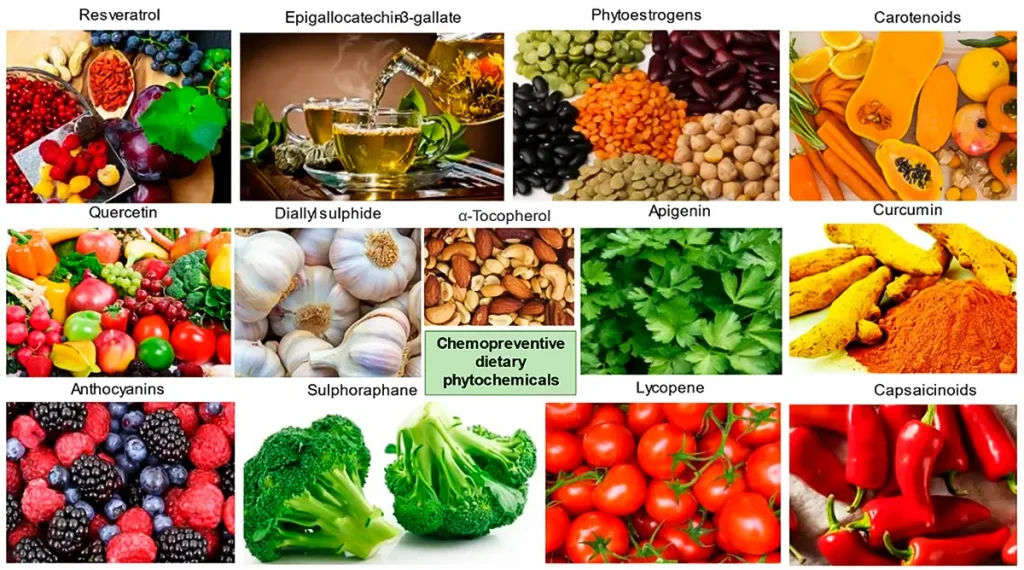
They do not but what they need to do by law is to pasteurize everything. When you want to drink for example “healthy“ 100 percent no sugar added fruit juice you get sugar and water with fruit flavor with no phytochemicals or antioxidants whatsoever. Most of these phytochemicals are not stable during thermal processing (Martí et al., 2009). Some are, some form other conjugates (Wong et al., 2019) that science is yet to identify, and some are stable and also increase their bioavailability after cooking. Carotenoids would be an example of this. There will be more discussion in some other articles about this topic. This is for example one of the reasons behind row diet proponents and people that practice it. When the industry starts to boil your juice to kill every potential bacteria and start to add preservatives to it, there are no bacteria anymore, and the shelf life is dramatically longer. However, there is nothing in the juice that is not heat stable anymore and that includes most of the antioxidants.
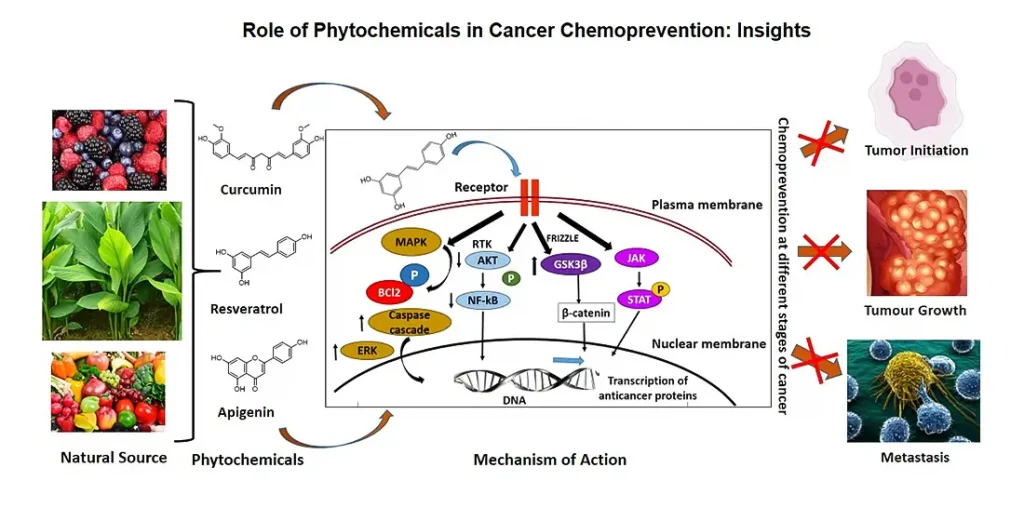
Vitamin C is not stable during thermal processing as well. When you see vitamin C on the box of juice, it is added synthetic vitamin c (ascorbic acid) just to fool you (Palermo et al., 2014). Is there a difference between natural and synthetic vitamin C? Yes, and no. It is another debate. Ascorbic Acid (Synthetic Vitamin C)is just 25% of the entire natural vitamin C complex.
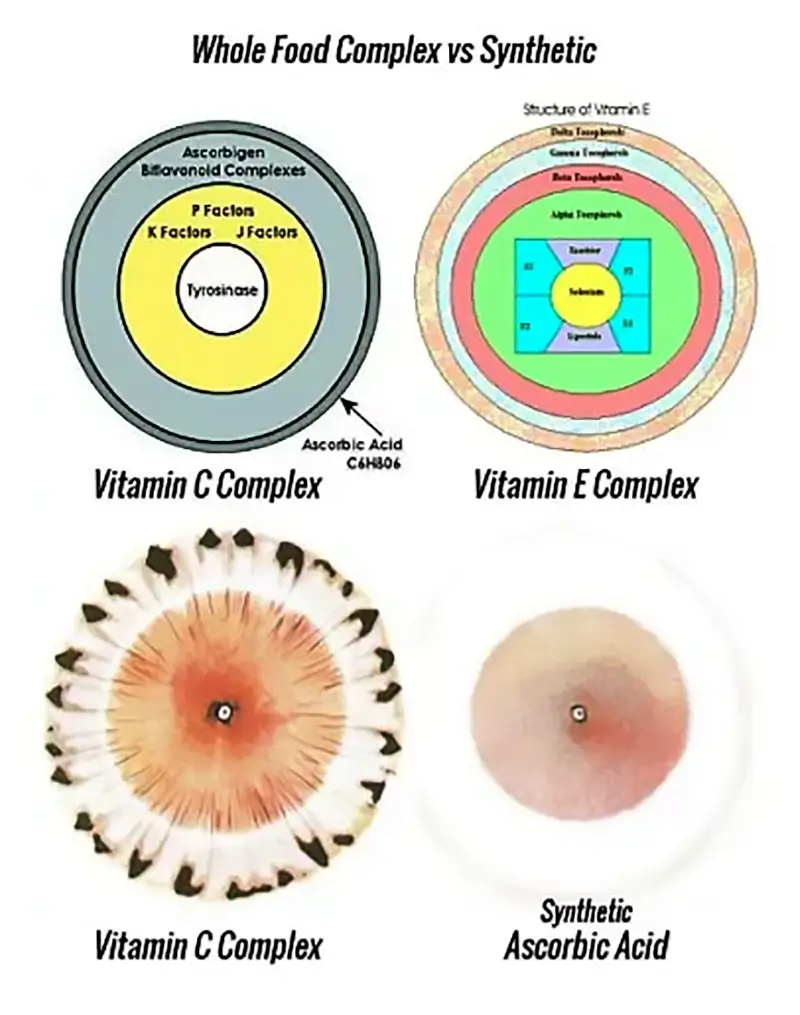
Also, there is no fiber in the juice as well, so you get nothing different than just sweet water like any regular soft drink like Coke. You need to eat whole raw fruit to have full health benefits.
Besides all of the already mention negative effects, there is still one more negative side of processed food, and that is nutrient insufficiency.
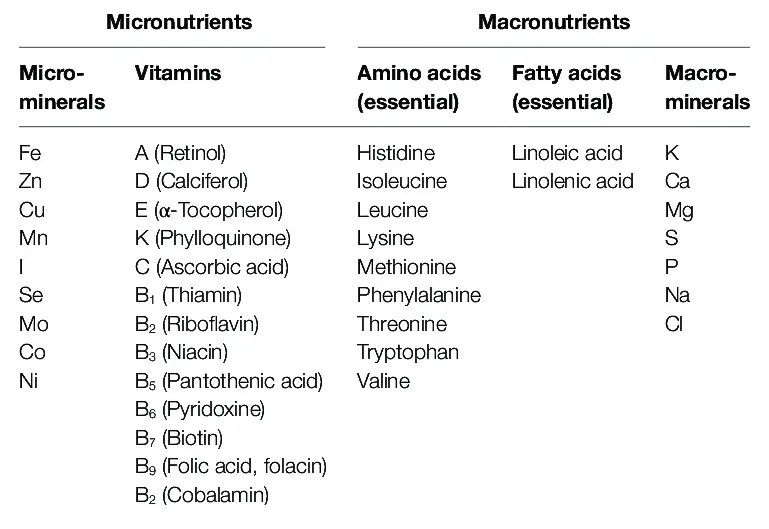
There is something called macronutrients, and there is something called micronutrients. Macronutrients are sugar, fat, and protein, some minerals and they contain calories. However, micronutrients are also important for the existence of life although they do not contain any calories. Micronutrients are vitamins, minerals, and antioxidants. The problem is that refined sugar and fat do not have any. If the vegetable oil is “virgin“ it might still have some amount of fat-soluble vitamins like vitamin E and maybe some small amount of other phytochemicals. However, regular refined oil has zero of everything.
It is something called an empty calorie, meaning there are zero micronutrients on one calorie.
Eating a bag of chips will give you a lot of calories but nothing else. Actually, it is worse than nothing. You will get a lot of salt and excitotoxicity from msg, and a load of rancid fat and acrylamide. Nutrient deficiency is so pronounced in western diets that in some cases causes serious diseases with a low rate of detection. People who have symptoms of lacking some of the nutrients usually don’t know what are they lacking and don’t even know that they are deficient in the first place. They think that because they eat so much processed food they have all minerals and antioxidants and vitamins they need, but in reality, the situation is terrible.
Even a healthy diet may lack adequate minerals due to soil depletion and the use of synthetic fertilizers.
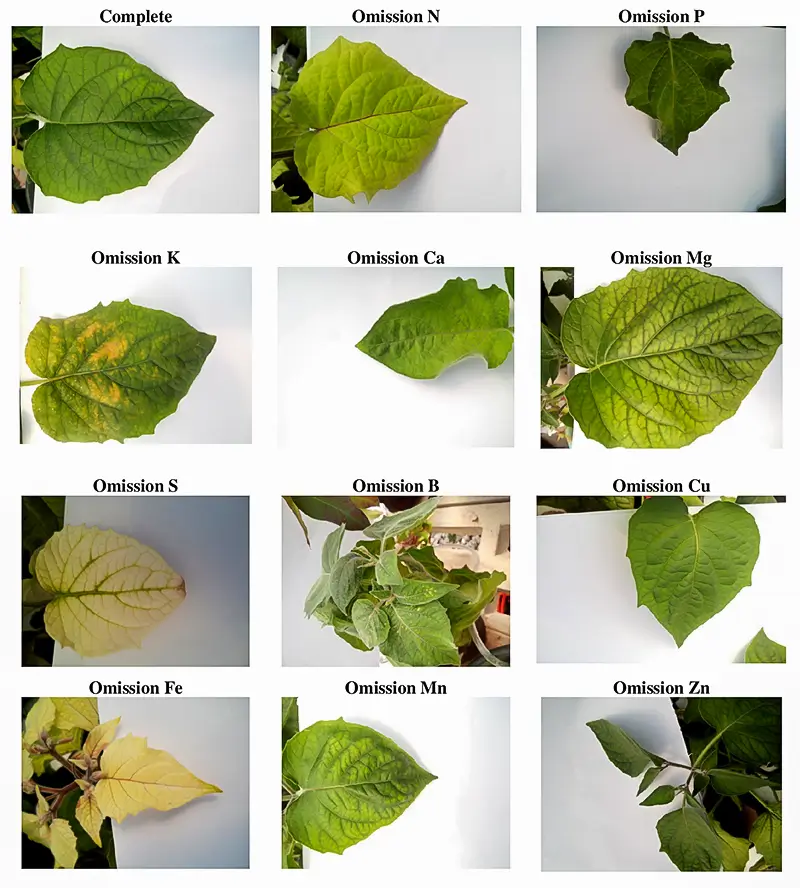
Synthetic fertilizers will correct plants’ nutrient deficiency but humans and other animals need much more mineral content than just a couple of minerals that are added synthetically. We need more than 60 minerals and counting just to avoid blatant deficiency diseases. Science is not completely there yet but we know that the human body naturally requires 102 different minerals and that is on top of vitamins to function properly. And that is just minerals.
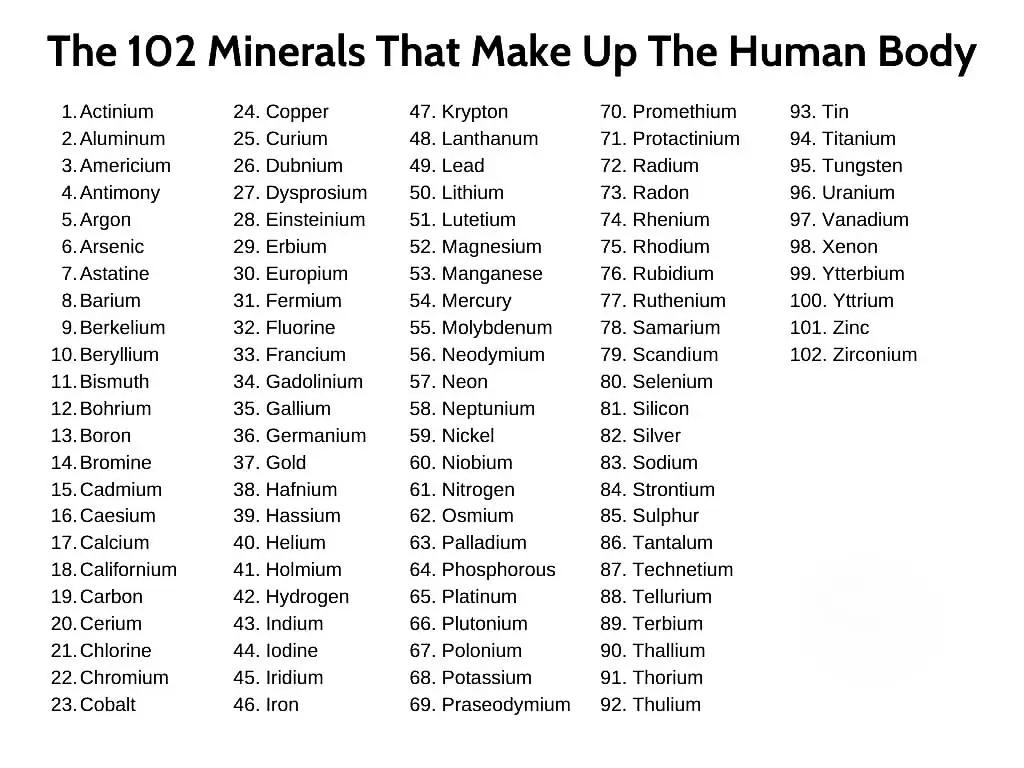
For example, omega-three fatty acids, vitamin D, chromium, iodine, and molybdenum were identified as consistently low in more than 90 percent of diet plans. RDA is already artificially lowered to the extreme for some nutrients like vitamin d and iodine. 8 out of 10 have vitamin E deficiency. Almost half of the US population (48%) consumed less than the required amount of magnesium and the same applies to vitamin A and vitamin C. When we look into all of the other trace minerals that we don’t know all of their biochemical actions and don’t have RDA for the situation is about 90 to 97 percent deficiency.
As early as 1936, Congress recognized that the land is lacking micronutrients causing over 99% of the American people to be deficient in some of the essential and trace minerals.
Fruit and vegetables today have far fewer nutrients than they did 50 years ago. Potatoes, for example, had lost 100% of vitamin A content, 57% of vitamin C and iron, and 28% of calcium.
This data is from the US Department of Agriculture concerning vegetable quality. Over the entire 20th century the average mineral content in cabbage, lettuce, spinach, and tomatoes, declined from 400 mg to less than 50 mg.
Mineral-depleted soil grows mineral-depleted foods.
The animals that we eat are being fed these micronutrients depleted vegetables, corn, and wheat too. This would translate into the meat that you buy to be also far lower in the level of micronutrients than ever before.
Think of it in this way. It takes seven to ten crop yields to deplete any soil of its mineral content. Back in the day, (in times after Neolithic Revolution) people burned entire forests to plant new crops for five to six summers until crops failed. Or the practice of our ancestors throwing ash into the garden from burned wood so that plants will grow. But when you grow food on mineral-depleted soil with added synthetic fertilizers you don’t add 102 synthetic minerals you add just the ones that plants need. Basically, there is no difference between commercial land or hydroponically grown sponges used instead of the land. Hydroponically grown food is just plastic or death by malnutrition. All commercial land is just one big sponge basically with only one purpose, to hold the plant root system for synthetic fertilizers to do their work. And on top of that, even that small amount of micronutrient content that still remains is then removed in processing, and on top of that, it gets heated away.

Reaching the recommended daily intake of all of the essential and trace micronutrients is difficult, if not impossible, especially for the trace ones, even when following today’s most popular diet programs, designed by physicians and nutritionists.
We will have to eat whole food vegan, organically grown, a nutrient-dense diet designed and monitored by professionals in order to get all nutrients we need from food. Now imagine what happens when you on top of all of this eat nutrient deprived full of sugar and fat processed food made by the food industry.
Processed food actually is not even food at all. It is a list of chemicals. I used to like to ask the patients that hire me for consultations one simple question. It is the first question I will ask to see how much nutrition knowledge and background someone has. When someone came to my office for a consultation first thing I will ask is what is food? The answers were different but usually, they revolved around chemicals. And this is because of processed food. What it does to the mind is remove the people from reality and degrade eating into a medical reductionist philosophy of chemical intervention. My second question almost in 90 percent of cases is could you find that in nature? And if the answer is no then it is not food, so what is real food? The answer is food that does not have a label. Everything that needs to have a label is a list of chemicals.
Process food is just that, a chemical list.
References:
- Martí, N., Mena, P., Cánovas, J. A., Micol, V., & Saura, D. (2009). Vitamin C and the role of citrus juices as functional food. Natural product communications, 4(5), 677–700. [PubMed]
- Wong, F. C., Chai, T. T., & Xiao, J. (2019). The influences of thermal processing on phytochemicals and possible routes to the discovery of new phytochemical conjugates. Critical reviews in food science and nutrition, 59(6), 947–952. https://doi.org/10.1080/10408398.2018.1479681
- Palermo, M., Pellegrini, N., & Fogliano, V. (2014). The effect of cooking on the phytochemical content of vegetables. Journal of the science of food and agriculture, 94(6), 1057–1070. https://doi.org/10.1002/jsfa.6478
- George, B. P., Chandran, R., & Abrahamse, H. (2021). Role of Phytochemicals in Cancer Chemoprevention: Insights. Antioxidants (Basel, Switzerland), 10(9), 1455. https://doi.org/10.3390/antiox10091455
Related Posts
Do you have any questions about nutrition and health?
I would love to hear from you and answer them in my next post. I appreciate your input and opinion and I look forward to hearing from you soon. I also invite you to follow us on Facebook, Instagram, and Pinterest for more diet, nutrition, and health content. You can leave a comment there and connect with other health enthusiasts, share your tips and experiences, and get support and encouragement from our team and community.
I hope that this post was informative and enjoyable for you and that you are prepared to apply the insights you learned. If you found this post helpful, please share it with your friends and family who might also benefit from it. You never know who might need some guidance and support on their health journey.
– You Might Also Like –

Learn About Nutrition
Milos Pokimica is a doctor of natural medicine, clinical nutritionist, medical health and nutrition writer, and nutritional science advisor. Author of the book series Go Vegan? Review of Science, he also operates the natural health website GoVeganWay.com
Medical Disclaimer
GoVeganWay.com brings you reviews of the latest nutrition and health-related research. The information provided represents the personal opinion of the author and is not intended nor implied to be a substitute for professional medical advice, diagnosis, or treatment. The information provided is for informational purposes only and is not intended to serve as a substitute for the consultation, diagnosis, and/or medical treatment of a qualified physician or healthcare provider.NEVER DISREGARD PROFESSIONAL MEDICAL ADVICE OR DELAY SEEKING MEDICAL TREATMENT BECAUSE OF SOMETHING YOU HAVE READ ON OR ACCESSED THROUGH GoVeganWay.com
NEVER APPLY ANY LIFESTYLE CHANGES OR ANY CHANGES AT ALL AS A CONSEQUENCE OF SOMETHING YOU HAVE READ IN GoVeganWay.com BEFORE CONSULTING LICENCED MEDICAL PRACTITIONER.
In the event of a medical emergency, call a doctor or 911 immediately. GoVeganWay.com does not recommend or endorse any specific groups, organizations, tests, physicians, products, procedures, opinions, or other information that may be mentioned inside.
Editor Picks –
Milos Pokimica is a health and nutrition writer and nutritional science advisor. Author of the book series Go Vegan? Review of Science, he also operates the natural health website GoVeganWay.com
Latest Articles –
Top Health News — ScienceDaily
- The overlooked nutrition risk of Ozempic and Wegovyon February 4, 2026
Popular weight-loss drugs like Ozempic and Wegovy can dramatically curb appetite, but experts warn many users are flying blind when it comes to nutrition. New research suggests people taking these medications may not be getting enough guidance on protein, vitamins, and overall diet quality, increasing the risk of muscle loss and nutrient deficiencies.
- A 25-year study found an unexpected link between cheese and dementiaon February 4, 2026
A massive Swedish study tracking nearly 28,000 people for 25 years found an unexpected link between full-fat dairy and brain health. Among adults without a genetic risk for Alzheimer’s, eating more full-fat cheese was associated with a noticeably lower risk of developing the disease, while higher cream intake was tied to reduced dementia risk overall. The findings challenge decades of low-fat dietary advice but come with important caveats.
- MIT’s new brain tool could finally explain consciousnesson February 4, 2026
Scientists still don’t know how the brain turns physical activity into thoughts, feelings, and awareness—but a powerful new tool may help crack the mystery. Researchers at MIT are exploring transcranial focused ultrasound, a noninvasive technology that can precisely stimulate deep regions of the brain that were previously off-limits. In a new “roadmap” paper, they explain how this method could finally let scientists test cause-and-effect in consciousness research, not just observe […]
- Why heart disease risk in type 2 diabetes looks different for men and womenon February 4, 2026
Scientists are digging into why heart disease risk in type 2 diabetes differs between men and women—and sex hormones may be part of the story. In a large Johns Hopkins study, men with higher testosterone had lower heart disease risk, while rising estradiol levels were linked to higher risk. These hormone effects were not seen in women. The results point toward more personalized approaches to heart disease prevention in diabetes.
- Sound machines might be making your sleep worseon February 4, 2026
Sound machines may not be the sleep saviors many believe. Researchers found that pink noise significantly reduced REM sleep, while simple earplugs did a better job protecting deep, restorative sleep from traffic noise. When pink noise was combined with outside noise, sleep quality dropped even further. The results suggest that popular “sleep sounds” could be doing more harm than good—particularly for kids.
- This unexpected plant discovery could change how drugs are madeon February 3, 2026
Plants make chemical weapons to protect themselves, and many of these compounds have become vital to human medicine. Researchers found that one powerful plant chemical is produced using a gene that looks surprisingly bacterial. This suggests plants reuse microbial tools to invent new chemistry. The insight could help scientists discover new drugs and produce them more sustainably.
- A hidden cellular process may drive aging and diseaseon February 3, 2026
As we age, our cells don’t just wear down—they reorganize. Researchers found that cells actively remodel a key structure called the endoplasmic reticulum, reducing protein-producing regions while preserving fat-related ones. This process, driven by ER-phagy, is tied to lifespan and healthy aging. Because these changes happen early, they could help trigger later disease—or offer a chance to stop it.
PubMed, #vegan-diet –
- Diet type and the oral microbiomeon February 2, 2026
CONCLUSION: The diet-oral microbiome-systemic inflammation axis is bidirectional and clinically relevant. Understanding both direct ecological regulation and indirect metabolic effects is essential to support precision nutrition strategies aimed at maintaining oral microbial balance and systemic inflammatory risk mitigation.
- Consensus document on healthy lifestyleson January 22, 2026
Proteins are a group of macronutrients that are vital to our lives, as they perform various functions, including structural, defensive and catalytic. An intake of 1.0-1.2 g/kg/body weight per day would be sufficient to meet our needs. Carbohydrate requirements constitute 50 % of the total caloric value and should be obtained mainly in the form of complex carbohydrates. In addition, a daily intake of both soluble and insoluble fiber is necessary. Regular consumption of extra virgin olive oil […]
- Vitamin B12 and D status in long-term vegetarians: Impact of diet duration and subtypes in Beijing, Chinaon January 21, 2026
CONCLUSIONS: This study reveals a dual challenge among Beijing long-term vegetarians: vitamin B12 deficiency was strongly associated with the degree of exclusion of animal products from the diet (veganism), while vitamin D deficiency was highly prevalent and worsened with longer diet duration. The near-universal vitamin D deficiency observed in this study suggests that, in the Beijing context, the risk may extend beyond dietary choice, potentially reflecting regional environmental factors;…
- Nutritional evaluation of duty meals provided to riot police forces in Germanyon January 13, 2026
Background: The primary role of the German riot police is maintaining internal security. Due to challenging working conditions, riot police forces face an elevated risk of various diseases. During duty, forces are provided with meals. A balanced diet can reduce the risk of some of these diseases and contribute to health-promoting working conditions. Aim: First evaluation of the nutritional quality of duty meals in Germany based on German Nutrition Society recommendations (DGE). Methods: In…
- Iodineon January 1, 2006
Iodine is an essential trace nutrient for all infants that is a normal component of breastmilk. Infant requirements are estimated to be 15 mcg/kg daily in full-term infants and 30 mcg/kg daily in preterm infants.[1] Breastmilk iodine concentration correlates well with maternal urinary iodine concentration and may be a useful index of iodine sufficiency in infants under 2 years of age, but there is no clear agreement on a value that indicates iodine sufficiency, and may not correlate with […]
Random Posts –
Featured Posts –
Latest from PubMed, #plant-based diet –
- From paddy soil to dining table: biological biofortification of rice with zincby Lei Huang on February 4, 2026
One-third of paddy soils are globally deficient in zinc (Zn) and 40% of Zn loss in the procession from brown rice to polished rice, which results in the global issue of hidden hunger, e.g., the micronutrient deficiencies in the rice-based population of developing countries. In the recent decades, biofortification of cereal food crops with Zn has emerged as a promising solution. Herein, we comprehensively reviewed the entire process of Zn in paddy soil to human diet, including the regulatory…
- Molecular Characterization of Tobacco Necrosis Virus A Variants Identified in Sugarbeet Rootsby Alyssa Flobinus on February 3, 2026
Sugarbeet provides an important source of sucrose; a stable, environmentally safe, and low-cost staple in the human diet. Viral diseases arising in sugarbeet ultimately impact sugar content, which translates to financial losses for growers. To manage diseases and prevent such losses from occurring, it is essential to characterize viruses responsible for disease. Recently, our laboratory identified a tobacco necrosis virus A variant named Beta vulgaris alphanecrovirus 1 (BvANV-1) in sugarbeet…
- Nutrition in early life interacts with genetic risk to influence preadult behaviour in the Raine Studyby Lars Meinertz Byg on February 3, 2026
CONCLUSIONS: Nutrition in early life and psychiatric genetic risk may interact to determine lasting child behaviour. Contrary to our hypothesis, we find dietary benefits in individuals with lower ADHD PGS, necessitating replication. We also highlight the possibility of including genetics in early nutrition intervention trials for causal inference.
- Effect of the gut microbiota on insect reproduction: mechanisms and biotechnological prospectsby Dilawar Abbas on February 2, 2026
The insect gut microbiota functions as a multifunctional symbiotic system that plays a central role in host reproduction. Through the production of bioactive metabolites, gut microbes interact with host hormonal pathways, immune signaling, and molecular regulatory networks, thereby shaping reproductive physiology and fitness. This review summarizes recent advances in understanding how gut microbiota regulate insect reproduction. Accumulating evidence demonstrates that microbial metabolites…
- Rationale and design of a parallel randomised trial of a plant-based intensive lifestyle intervention for diabetes remission: The REmission of diabetes using a PlAnt-based weight loss InteRvention…by Brighid McKay on February 2, 2026
CONCLUSIONS: This trial will provide high-quality clinical evidence on the use of plant-based ILIs to address the epidemics of obesity and diabetes to inform public health policies and programs in Canada and beyond.
- Diet type and the oral microbiomeby Daniel Betancur on February 2, 2026
CONCLUSION: The diet-oral microbiome-systemic inflammation axis is bidirectional and clinically relevant. Understanding both direct ecological regulation and indirect metabolic effects is essential to support precision nutrition strategies aimed at maintaining oral microbial balance and systemic inflammatory risk mitigation.
